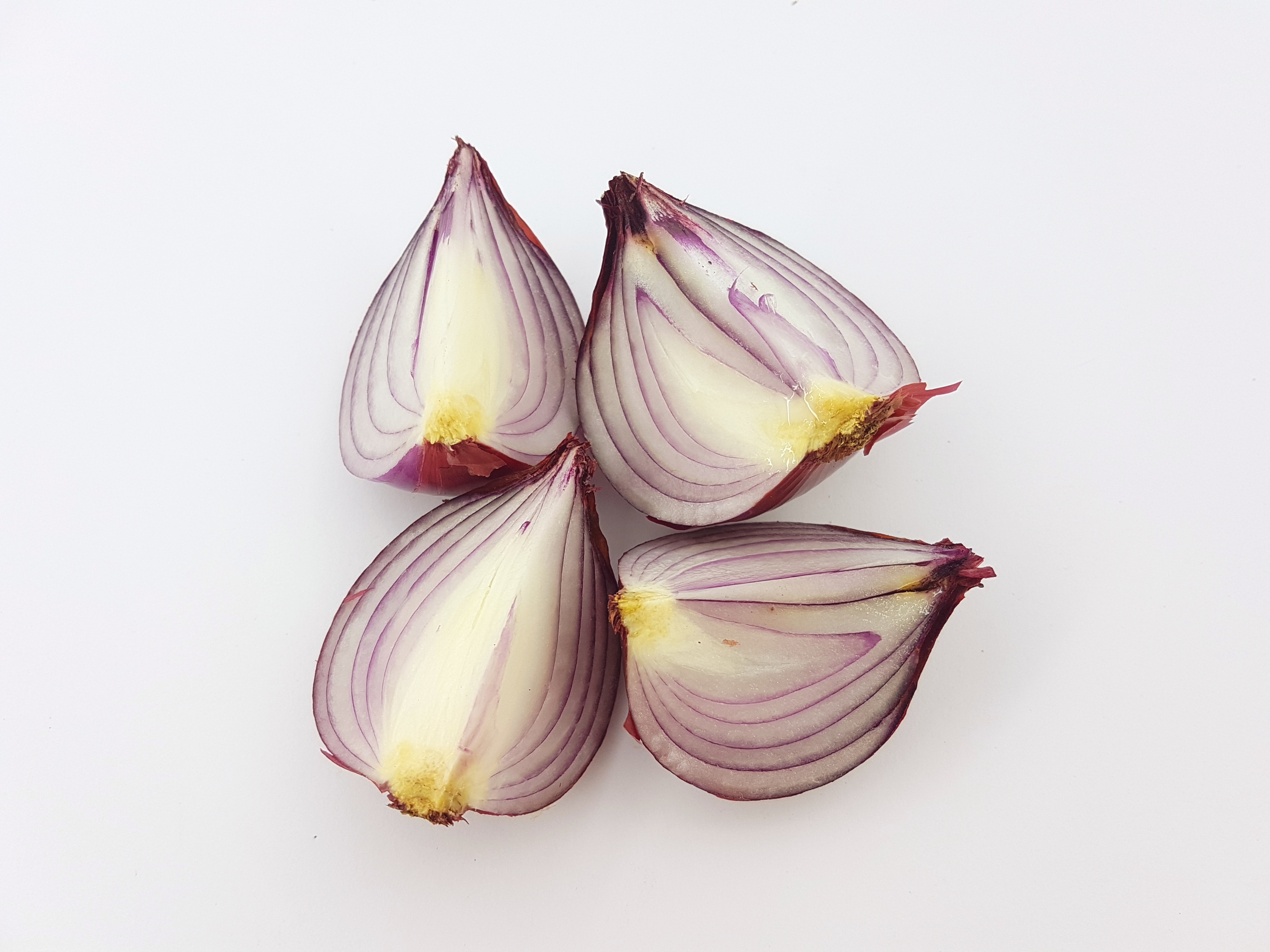Is Homeopathy Just A Placebo?
I bet there isn’t a practising homeopath who didn’t start out by asking the question - is homeopathy just a placebo? Then keep asking it throughout the rest of their life. Did that patient get better because they expected to get better or how much did their remedy set these changes in place?
Hayfever - like an Onion?
Put very simply,
homeopathy is giving a tiny, highly diluted amount of a substance, which in its
natural form will cause certain symptoms, to someone who already has them. This minute stimulus sets about a healing
response within the body, showing it how to fix itself. An example of this would be to give someone
with hay fever which is making their eyes and nose stream, the remedy Allium
Cepa - made from onion. An aggravation
in its original form - ie cutting up an onion - would look a lot like hay fever
but when it is highly diluted and succussed it sends an echo of this energy to
the eyes and nose and this seems to educate the cells to cease their reaction
to the pollen.
 Onion - Photo by Burhan Rexhepi on Unsplash
Onion - Photo by Burhan Rexhepi on UnsplashOnion - Allium Cepa - is a great
remedy for streaming eyes and nose but if there is a lot of itching, another
remedy may be indicated, if there is much sneezing, another one again. Is it worse inside/out? Morning/evening? Around menses? - all potentially different remedies. This is why it is difficult to conduct
traditional trials for homeopathic remedies, because just as everyone’s
symptoms are slightly different, there is no single remedy for each ailment. This is also the beauty of homeopathy because
each prescription is tailored to suit each individual’s exact manifestation of
symptoms.
Remedies usually work fast
If your homeopath
doesn’t see a healing response within 48 hours of starting a remedy, it is most
likely not the right remedy. This is how
it becomes impossible to believe a placebo response is happening: Sometimes the first remedy selected will fail
to act at all; Sometimes it fixes some of the symptoms but others become
worse. When this happens your homeopath
will select another remedy which is better for this case and then the symptoms
appear to “lift”. As the patient
improves, they often describe the removal of their symptoms like a weight being
removed.
What about Babies? Placebo? Really?

Fortunately babies and animals act as a powerful control group. Many a sceptic has had their curiosity piqued after witnessing a “miracle” cure in someone who couldn’t know what they were taking; Watching the fiercely screaming baby with hot red cheeks and tiny teeth pushing through, visibly change back to their normal colour and happy self, seconds after taking a remedy; Literally watching an egg recede before your eyes from the forehead of a small boy that has run into a table corner; Or the dog that has been miserable and quiet all morning and yelps every time you go near their ear, start wagging their tail and sniffing about the place within a minute of a single dose: it would be nothing but stubborn to attribute these to a placebo effect.
What about Feeling Better Anyway?
That is not to say Placebo is not a powerful effect. Isn’t it intensely annoying when you have taken yourself to a doctor feeling on the brink of death and then are perversely better at the time of the appointment? Or you start to feel better after the consultation but before you have the prescription? What is actually going on here? Is it possible you are changing your physical body with only your mind? And if that is possible does it work the other way round - can we make ourselves unwell? In order to believe one, it is only logical to believe the other. We have to abandon the very unscientific concept of coincidence and start wondering exactly how much we influence what goes on around us.
The 'Maintaining' Cause
However, placebo is not to be muddled with homeopathy. Whilst it is important to keep questioning the efficacy of homeopathy and to spot where someone has improved because they want to. This type of improvement rarely lasts if the maintaining cause is not removed. Going back to the example of the hay fever, whilst someone may get better initially because they feel they have taken a pill for it, as long as the pollen continues in the atmosphere, if the underlying sensitivity is not treated, the symptoms will soon return.
 Photo by Dave Hoefler on Unsplash
Photo by Dave Hoefler on UnsplashSceptics call themselves scientists but surely the calling of a scientist is to question the world around us and homeopathy with its infinite dilutions and tiny pills definitely invites us to explore it further. In spite of its many critics this form of medicine attracts many patients - clinics are full of people who have been recommended by friends who have got better and colleges are full of people who have had symptoms they never thought possible to fix, removed by this gentle form of medicine. More than two hundred years after it was discovered, thousands of practising homeopaths know something more than placebo is happening here.
Article contributed by Caroline Greene RSAPH